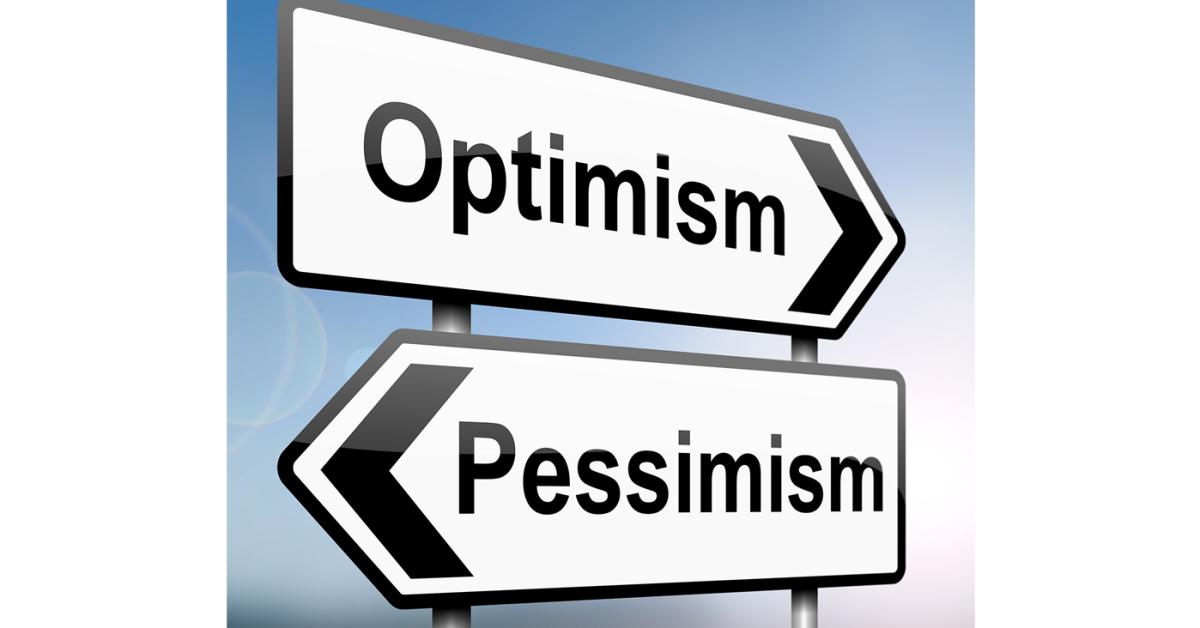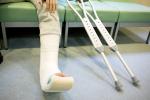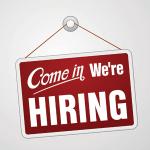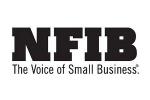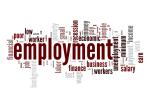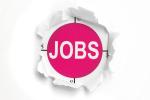WASHINGTON — An optimism index study conducted by the National Federation of Independent Business (NFIB) found that small-business owners’ optimism decreased 0.1 point in November to 90.6, which marks the 23rd consecutive month below the 50-year average of 98. Twenty-two percent of owners reported that inflation was their single most important problem in operating their business, unchanged from October but 10 points lower than this time last year.
“Job openings on Main Street remain elevated as the economy saw a strong third quarter,” said NFIB Chief Economist Bill Dunkelberg. “However, even with the growing economy, small business owners have not seen a strong wave of workers to fill their open positions. Inflation also continues to be an issue among small businesses.”
Key findings in the study include:
- Owners expecting better business conditions over the next six months increased one point from October to a net negative 42% seasonally adjusted.
- A net negative 17% of all owners (seasonally adjusted) reported higher nominal sales in the past three months, unchanged from October and the lowest reading since July 2020.
- Forty percent (seasonally adjusted) of owners reported job openings that were hard to fill, down three points.
- Seasonally adjusted, a net 30% of owners plan to raise compensation in the next three months, up six points from October and the highest since December 2021.
Small-business owners’ plans to fill open positions remain elevated with a seasonally adjusted net 18% planning to create new jobs in the next three months. Overall, 54% reported hiring or trying to hire in November. Of those hiring or trying to hire, 93% of owners reported few or no qualified applicants for the positions they were trying to fill.
Sixty-one percent of owners reported capital outlays in the last six months, up four points from October. Of those making expenditures, 41% reported spending on new equipment, 23% acquired vehicles, and 17% improved or expanded facilities. Eleven percent spent money on new fixtures and furniture and 6% acquired new buildings or land for expansion. Twenty-three percent (seasonally adjusted) plan capital outlays in the next few months.
Seasonally adjusted, a net 36% of owners reported raising compensation, unchanged from October. A net 30% (seasonally adjusted) plan to raise compensation in the next three months, up six points from October and the highest reading since December 2021. Eight percent of owners cited labor costs as their top business problem.
The frequency of reports of positive profit trends was a net negative 32%, unchanged from October. Among the owners reporting lower profits, 36% blamed weaker sales, 16% blamed the rise in the cost of materials, 14% cited labor costs, 9% cited lower prices, 6% cited the usual seasonal change, and 5% cited financing costs. For owners reporting higher profits, 60% credited sales volumes, 14% cited higher selling prices, and 11% cited usual seasonal change.
About the Study
The NFIB Research Center has collected Small Business Economic Trends data with quarterly surveys since the fourth quarter of 1973 and monthly surveys since 1986. Survey respondents are randomly drawn from NFIB’s membership. This survey was conducted in November 2023.
Have a question or comment? E-mail our editor Dave Davis at [email protected].
